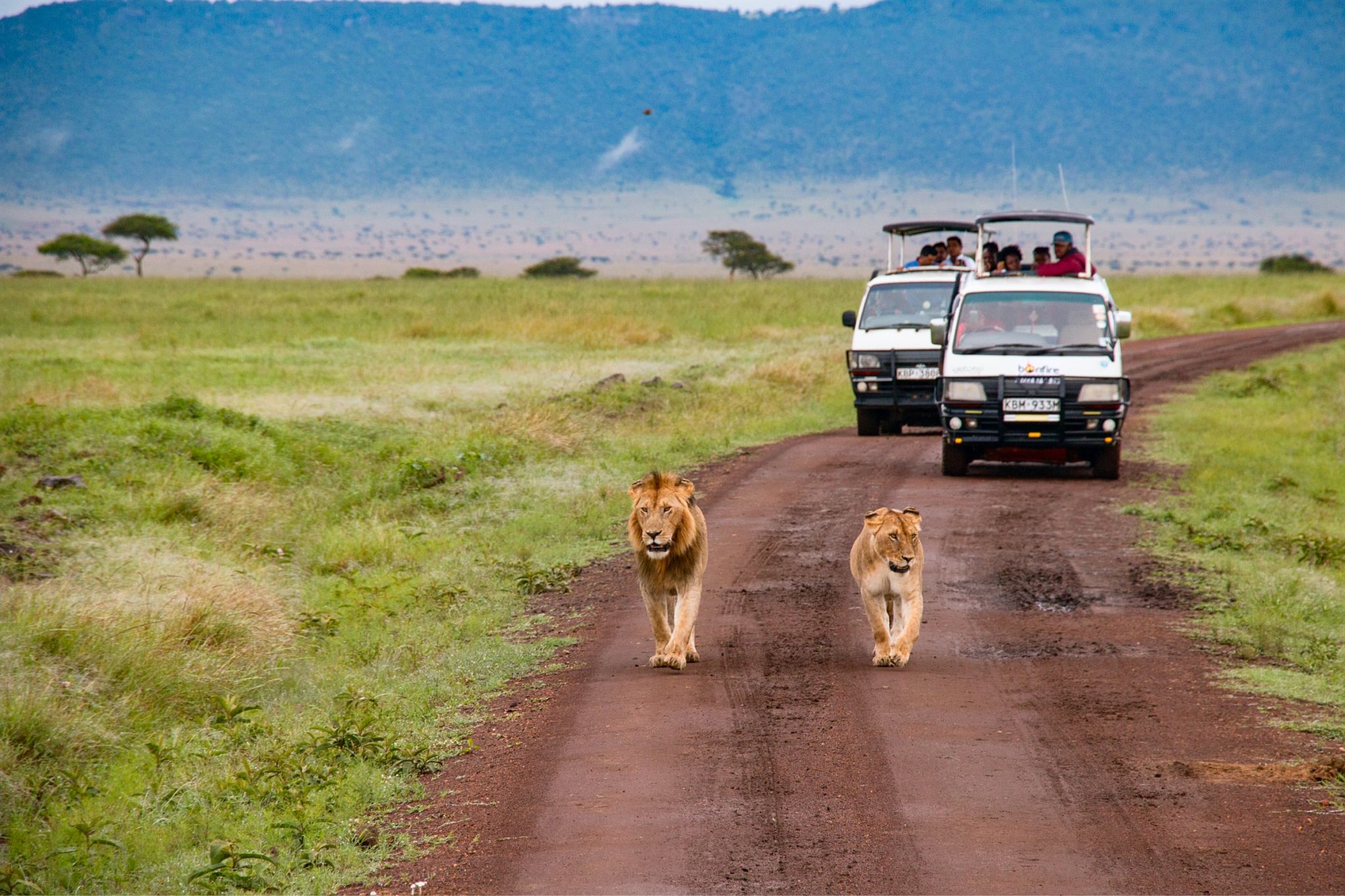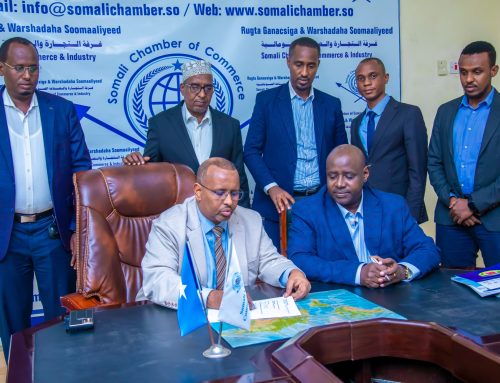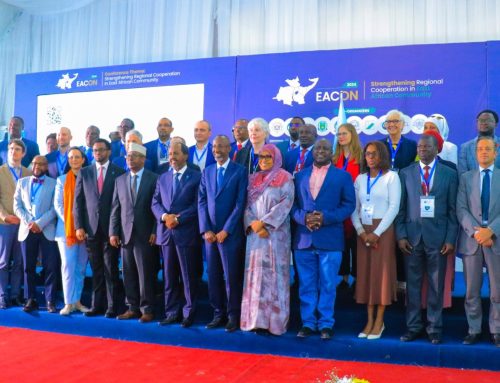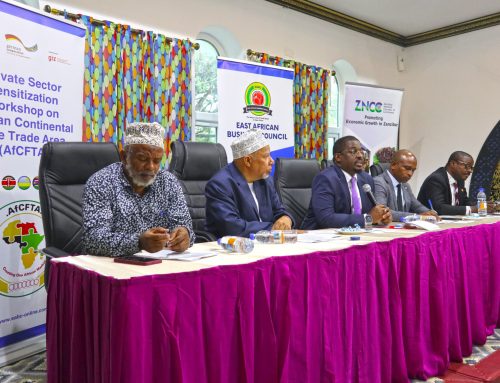Kenya Association of Travel Agents
The Kenya Association of Travel Agents is the national umbrella body for Travel Agents in Kenya, with a growing membership of over 240 Travel Agencies. It is Kenya’s largest and only membership organization for travel agents. KATA transitioned from a society to a company limited by guarantee in 2018, providing more space for growth and defending the travel trade. KATA is a member of the Universal Federation of Travel Agents’ Association (UFTAA), Kenya Private Sector Alliance (KEPSA), Kenya Tourism Federation (KTF), and African Tourism Council. It also hosts the Secretariat of the Association of Eastern and Southern African Travel Agents (AESATA).
- What are the important tourism markets for Kenya?
For outbound markets; Kenyans travel for trade, medical tourism, education, visitors, friends and relatives who are crisscrossing various countries. Post-Covid 19, the majority of travel has been by tourists, relatives and students resuming studies abroad as well as government travel. Those who travel for Education go to the United States of America, Canada and India
For inbound markets: The arrivals in Kenya majorly are driven by the U.S market, U.K market, East Europe, and the United Arab Emirates. The shift to E-Visa (online application) in January 2021 has escalated the numbers for travel recovery and the fact that these were amongst the first markets to Covid vaccinate their citizens.
- How did COVID-19 affect the tourism sector (sales & profit, employment)?
There were zero sales. With thesuspension of air travel in March 2020, the Tourism sector experienced zero sales. Employees were sent home without pay. This started re-bonding back in August 2020 with local travel after the relaxation of some mobility restrictions. International travel resumed in October 2020.
An increase in the cost of Air Tickets caused by the increase in jet fuel is also another factor. Covid saw an increment in air prices from 7% to 15% depending on destination and cost of booking class or type of air ticket;
Declined uptake of travel. This was caused by mobility restrictions implemented by states.Passenger movement before Covid was on average 12,000 per month. PostCovid movement is at an average of 7,000 per month.
- What are the challenges and/or opportunities Covid-19 has brought forth?
Some of the challenges experienced were the suspension of air travel, with no sales it was very catastrophic. The increase in Jet fuel prices and mobility restrictions
Some of the opportunitiesinclude the adoption of technology platforms; Traditionally, travel agents relied on in-person transactions. Now, travel agents can provide services via E-commerce based platforms. This has stimulated new demand for a new segment of customers who were not traveling before. But due to ease of access to information and leverage on Fin-Tech i.e Mobile Money, Visa Cards and the elimination of mobile-based transactions by the government with a no-charge transaction of any value less than Ksh. 1,000, stimulated mobile payments as they became affordable and more accessible.
- What positive progress/ measures have been done to improve the tourism sector amid COVID-19?
The government did collaboratively engage with the private sector. There were a lot of consultations on decisions being made on the travel regulations and travel protocols. The government involved the Association in with the policies and governance codes for the industry.
- What incentives have the Government given to support the recovery and resilience of tourism?
The government was generous in supporting the Tourism sector. Some of the incentives implemented by the government included providing funds to renovate hotel facilities. However, there was a need to have a distribution of those resources to cut across a wider sector to cater to other needs in the industry. Some travel agents remained closed and their working capital was depleted. A working capital fund would have been extended to these particular sectors. 13 travel agents closed completely out of this impact.
- What has been the impact of these measures on the tourism sector? The measures put in place are short-term and are being evaluated to test their impact. Therefore, if a measure does not work, it creates room to try an alternative method. For example, the China market is yet to reopen its border for 3 years now since they adopted a policy of 0 Covid. This means that Kenyans who were sourcing their goods from China are not able to do that proactively and as a result, they are pursuing alternative markets to source their goods.
- What lessons has the pandemic taught your Organisation?
Human beings are very resilient. Businesses have been able to reposition themselves for new markets and strategic partnerships and collaborations are key and engagement based on data-driven research. Global Tourism Crisis Resilience Management Centre (GTCRM) was a great partner for KATA because they were able to carry out research and offer people relevant data informing the tourism sector. Preparing their members to put in place new business models that align with the shift in traveller decisions and behaviour and shift post-Covid-19. We also learned about the adoption of digital solutions to influence travel decisions.
- How has Covid-19 forced you to repurpose /re-adjust your operations? KATAhas been forced to get into collaborations and partnerships. The focus on
Tourism also shifted to AfCFTA. KATA was at the forefront of the formulation of the AfCFTA implementation roadmap having tourism as one of the key pillars. For example; KATA signed an MOU with Rwanda for the facilitation of an exchange of tourists between the two countries thus promoting regional travel. Data proves that tourism arrival into Rwanda from Kenya increased.
- What gender specific interventions were done to support women amid COVID-19? The primary focus was to empower women with information and education for exposure to new markets. 70% of the travel tourism industry is female-owned.
- What is the state of the tourism sector in the EAC and beyond?
Tanzania is currently leading in tourism followed by Uganda in second place and Rwanda comes third.
- How do you think the EAC region can prepare for such emergencies in the future? By implementing the AfCFTA – free movement of goods and people.
By eliminating Non-Tariff Barriers – Control of the Air Spaces, there’s a need to liberalise the EAC skies, so that the cost of air tickets goes down and airline operational cost goes down and the effect of this will be to stimulate demand thus promoting trade and contributing to the performance of the hotels and increase in job creation.
Harmonisation of travel tourism hospitality standards across the EAC region
Having a crisis management council in EAC to create simulations for the tourism sector to enable them to draw up strategic insights that will be adopted at EAC level
- What do you recommend the Government of the EAC Partner States do to support the recovery, resilience and growth of tourism?
By regulating the cost of travel and pushing for Intra African travel as well as regulating taxes imposed on air tickets.
- What do you recommend the Government of the EAC Partner States do to support wildlife conservation?
Through Institutionalising the issue of wildlife conservation within the local communities and developing guidelines and regulations which will manage wildlife conservation. Wildlife Human conflict should also be controlled by dealing with the issue of urbanisation and human settlement.





